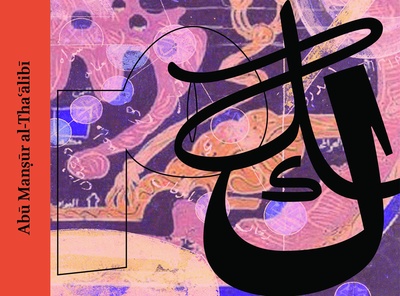
K. al-Anwār al-bahiyya fī taʿrīf maqāmāt fuṣahāʾ al-bariyya is a work of adab attributed to the renowned littérateur and historian of literature Abū Manṣūr al-Thaʿālibī. The work consists of an introduction and four chapters. The first three chapters are concerned with knowledge (ʿilm): Chapter One discusses the merit and application of knowledge, Chapter Two the definition of knowledge and its true meaning, and Chapter Three the conditions of knowledge. The fourth chapter, which constitutes the bulk of this publication, is concerned with occasions on which scholars and sages made speeches in the presence of rulers. It is divided into two parts: Part One presents pre-Islamic (jāhilīyya) speeches, incorporating Arab, Greek, Byzantine, Persian, and Indian traditions, and Part Two presents Islamic speeches. The edition is introduced by an analytical study discussing the attribution of the work, its relation to the Maqāmāt genre, and the manuscripts used.
Bilal Orfali, Ph.D. (2009), is Sheikh Zayed Chair for Arabic and Islamic Studies at the American University of Beirut. He has published extensively both in English and Arabic on Arabic literature, Sufism, and Quranic Studies.
Ramzi Baalbaki, Ph.D. (1978), University of London, is the Margaret Weyerhaeuser Jewett Professor of Arabic at the American University of Beirut. He has published extensively both in English and Arabic on the history of the Arabic grammatical and lexicographical traditions.
All interested in Arabic Literature and Islamic History will find this publication of particular value and relevance.
Read more